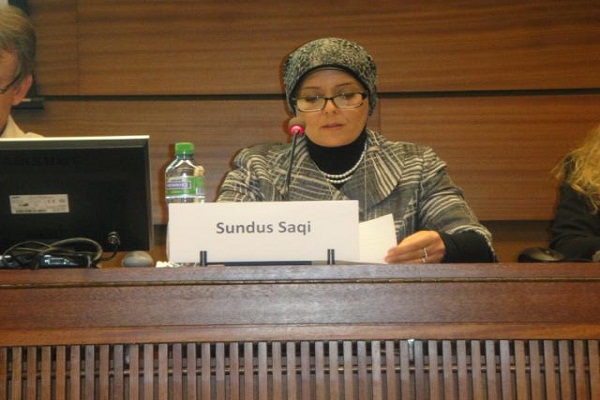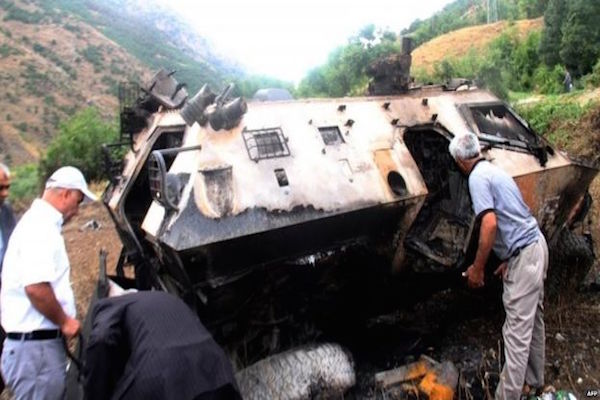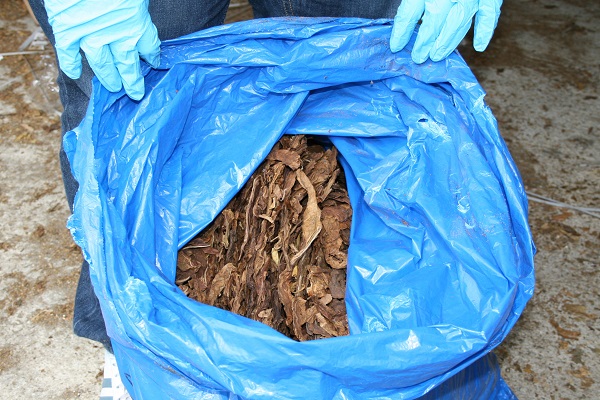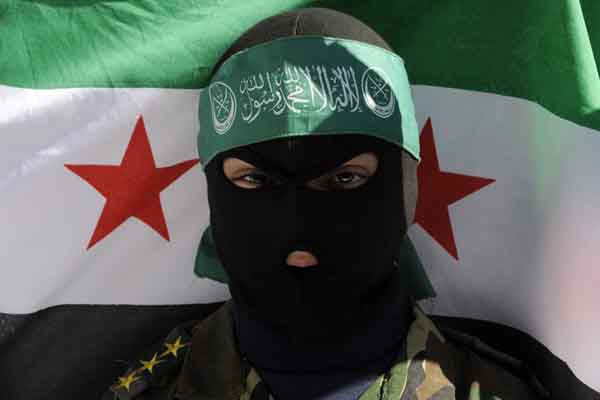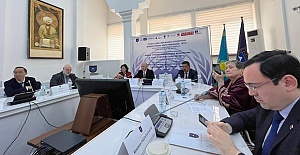Brussels, 8 July 2013-European Parliament Urged To Hold Hearing On The Situation Of The Iraqi Turkmen In Northern Iraq. Further to the previous appeal of February 2013, following a series of attacks against ethnic Turkmen in Iraq, including the suicide attack of 24 January 2013 in Tuz Khurmato, the Unrepresented Nations and Peoples
Organization (UNPO) and The Iraqi Turkmen Front (ITF) urge the European Parliament to take action against the violent terrorist activities which continue to target the Turkmen and other ethnic communities in the northern region of Iraq.
On 25 June 2013, two suicide bombers carrying explosives entered a tent where numerous Turkmen protesters had gathered in the town of Tuz Khurmatu. The incident resulted in the death 13 civilians and wounded over 60 innocent victims. Among the dead were the Deputy Head of the Iraqi Turkmen Front, Ali Haşim Muhtaroğlu, former Deputy
Provincial Governor Ahmet Koca and his son, as well as a former provincial councillor. The protesters had gathered to demand better protection for the Turkmen community from the Iraqi government as a result of an earlier fatal bombing in the town. According to the most recent report of the Iraqi Turkmen Front Human Rights Office in Kirkuk, this is only the most recent of 68 targeted attacks that have been aimed at Turkmen individuals and assemblies in the last 6 months. These attacks have resulted in the death of 91 Turkmens and have left an additional 609 civilians injured.
In light of the resolution of the 12th March 2013 on the plight of Iraqi minorities, and in particular the Iraqi Turkmen, UNPO calls on the European Parliament to exert further pressure on the Iraqi Government. The Iraqi government must ascertain the implementation of the country’s Constitution, and in accordance ensure that a degree of protection be provided to the Iraqi Turkmen and other communities. The Iraqi Turkmen are recurrently threatened by the eventuality of the potential disintegration of their ethnicity, a factor which would irrevocably further alter the already precarious balance characterising Iraq’s multifaceted demographic landscape. Most relevantly however, violence continues to escalate dangerously, and there is a looming threat that if no action is taken, these vicious attacks might trigger an even greater civil conflict. There is therefore an urgent need for interventions, in order to avoid the situation intensifying beyond repair.



 The candidates vying to be the next London mayor
The candidates vying to be the next London mayor Enfield Council commits to anti-racism and diversity pledge
Enfield Council commits to anti-racism and diversity pledge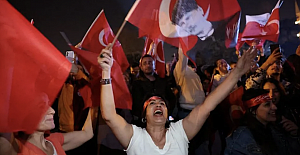 President Erdogan promised supporters his party would learn its lessons from the defeat
President Erdogan promised supporters his party would learn its lessons from the defeat Mayor of London and London Assembly elections
Mayor of London and London Assembly elections A man with a sword was arrested for injuring at least five people,
A man with a sword was arrested for injuring at least five people,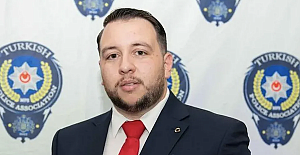 Off duty Police sergeant Eren Emin catch suspected thief while on stag do
Off duty Police sergeant Eren Emin catch suspected thief while on stag do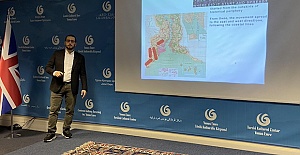 A Century of Urban Transformation, Istanbul’s Evolution
A Century of Urban Transformation, Istanbul’s Evolution Future Painters Exhibition at Tottenham Hotspur Stadium
Future Painters Exhibition at Tottenham Hotspur Stadium English Premier League leaders Arsenal will visit title contenders
English Premier League leaders Arsenal will visit title contenders Liverpool meet Atalanta and West Ham face Bayer Leverkusen
Liverpool meet Atalanta and West Ham face Bayer Leverkusen Arsenal face Bayern Munich and Manchester City play Real Madrid
Arsenal face Bayern Munich and Manchester City play Real Madrid UK Transfer deadline day, the transfer window closes tonight
UK Transfer deadline day, the transfer window closes tonight Islam Channel Business Awards 2024 have been announced
Islam Channel Business Awards 2024 have been announced Petrol prices on UK forecourts hit 150p a litre
Petrol prices on UK forecourts hit 150p a litre Europe's travel strikes: Flight and train disruption you can expect in April
Europe's travel strikes: Flight and train disruption you can expect in April Enfield Council website achieves digital inclusion recognition
Enfield Council website achieves digital inclusion recognition




